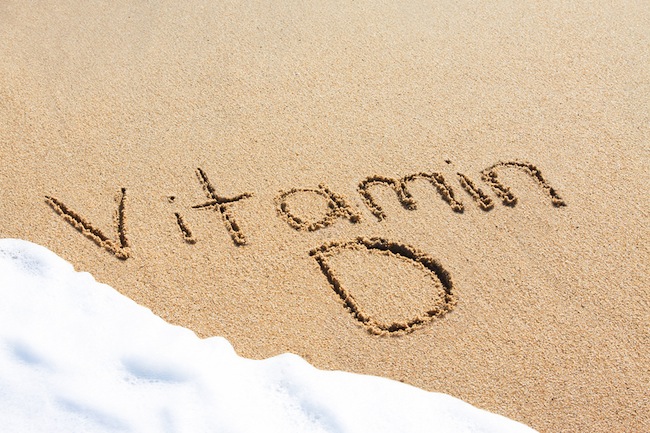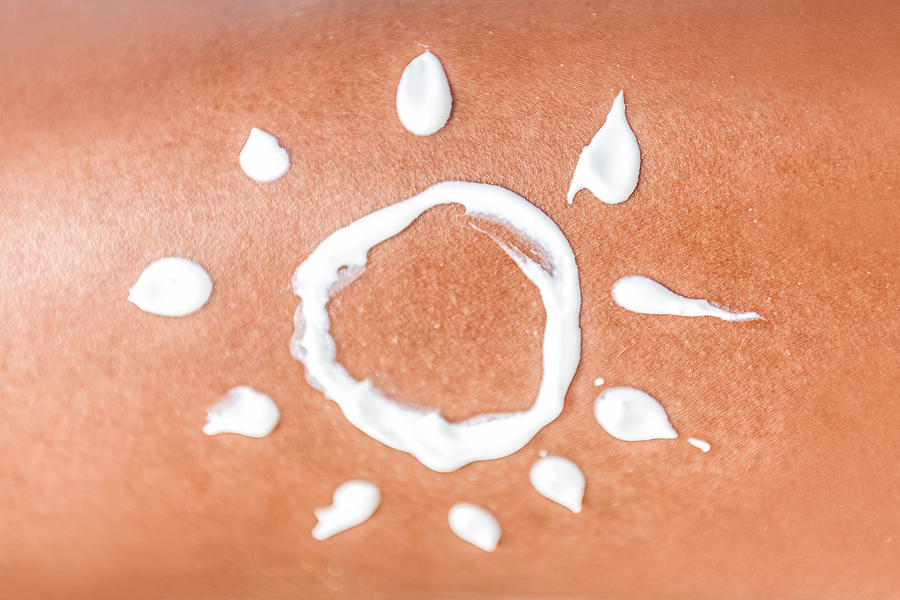- Make It Yourself Lavender Heart-Shaped Bath Bombs!
- 20 Things You Never Knew About “Down There”
- 12 Best Foods For Those Suffering From Arthritis Pain
- 12 Personal Hygiene Mistakes Almost Everyone Makes (Mom Never Told You About #4!)
- 15 Medicinal Plants And Herbs From The Cherokee People
- 12 Mind-Blowing Benefits Of Drinking Coconut Water During Pregnancy
- 12 Outstanding Winter Foods That Won’t Fatten You Up Like A Christmas Turkey
Vitamin D And Cancer Risk

Photo credit: bigstock.com
It’s no secret that people living in industrialized countries eat diets and lead lifestyles that increase the risk of obesity and deficiency in critical nutrients. One important nutrient that doesn’t get talked about enough is vitamin D. It’s one of the vital substances our bodies need to maintain health, yet a staggering number of the world’s population is deficient. In this article, we’ll explore what exactly vitamin D is, why it’s so important, and how vitamin D levels can influence the risk of cancer. We’ll also discuss practical steps you can take to get your vitamin D levels back up to where they should be.
What is vitamin D?
Vitamin D’s name is somewhat misleading; it’s not actually a vitamin, but a hormone. Unlike many true vitamins, such as vitamin C, it can be synthesized by your body naturally, a process known as endogenous production.
Exposure to sunlight triggers the body to produce vitamin D. Because so many people today spend so much time indoors (especially people living in developed countries in temperate latitudes), they don’t get enough sunlight each day, and their bodies become deficient in vitamin D. While it’s possible to get vitamin D through dietary sources like dairy products and certain kinds of fish, most people don’t eat healthy diets, either.
The result is a global epidemic of chronic vitamin D deficiency. Symptoms of this include rickets (weak bones), a weakened immune system, and an increased risk of cardiovascular disease. Vitamin D deficiency also has psychological and emotional effects. Many people living in polar or temperate regions are affected by SAD (seasonal affective disorder), a type of depression triggered by vitamin D deficiency. This typically occurs during the colder months of the year when there are fewer hours of sunlight. Treatment often includes use of an indoor UV lamp, which simulates natural sunlight and triggers vitamin D synthesis in the body.
Continue to Page 2

Photo credit: bigstock.com
The relationship between vitamin D and the risk of cancer
According to a study conducted at the Creighton University School of Medicine, vitamin D can have a potentially significant effect on the risk of several forms of cancer.
The four-year-long study involved some 1,169 volunteers, all healthy adult women. Some were given a placebo, while the others received a calcium supplement, and a third group received calcium along with a 1,100 IU (international units) vitamin D supplement — much higher than the 400 IU the FDA recommends.
The study found that the group taking vitamin D and calcium had a 60 percent lower chance of developing cancer. Some of the researchers were concerned that some of the women might have entered the study with early-stage cancer. To account for this, they eliminated the first year’s data and only looked at the findings from the last three years. Amazingly, focusing on this data yielded a 77 percent reduction in cancer risk!
These findings were controversial. The American Cancer Society dismissed the findings at the time, and claimed there was no credible study that linked higher vitamin D levels to a reduced risk of cancer. This isn’t entirely unusual; there’s always a fair degree of resistance whenever a disruptive scientific finding occurs, especially in medical science. Many doctors are concerned about people putting hope in supplements over conventional treatments, which have a more proven record of success.
Over time, however, attitudes in the medical community seem to have changed. As more research about the benefits of vitamin D has been done, other groups have adopted the position that vitamin D does indeed play a role in cancer risk. The National Cancer Institute recommends 600 IU per day for people under 70 years of age and 800 for those over 70. It considers 4,000 IU the safe upper limit for supplementation (it isn’t possible to overdose on vitamin D from sun exposure. Your body won’t allow it to happen). There’s insufficient data about the effects of vitamin D on infants, so don’t give vitamin D supplements to babies.
How to get more vitamin D
Eating vitamin D-rich foods will work, but the most effective methods are getting more sun exposure and taking vitamin D supplements. Sunlight should be your default option, since it’s the natural way your body is designed to get the vitamin D that it needs. The amount of time that’s ideal for vitamin D synthesis will depend on your skin tone and what latitude you’re currently living at. Here’s a handy guide from the Vitamin D Council that will help you learn the optimal time to spend in the sun.
READ ALSO: Celery: The Underrated Veggie That May Fend Off Breast Cancer
Vitamin D is a fat-soluble nutrient, so if you opt for supplements, take them with your fattiest meal of the day.
References:
































